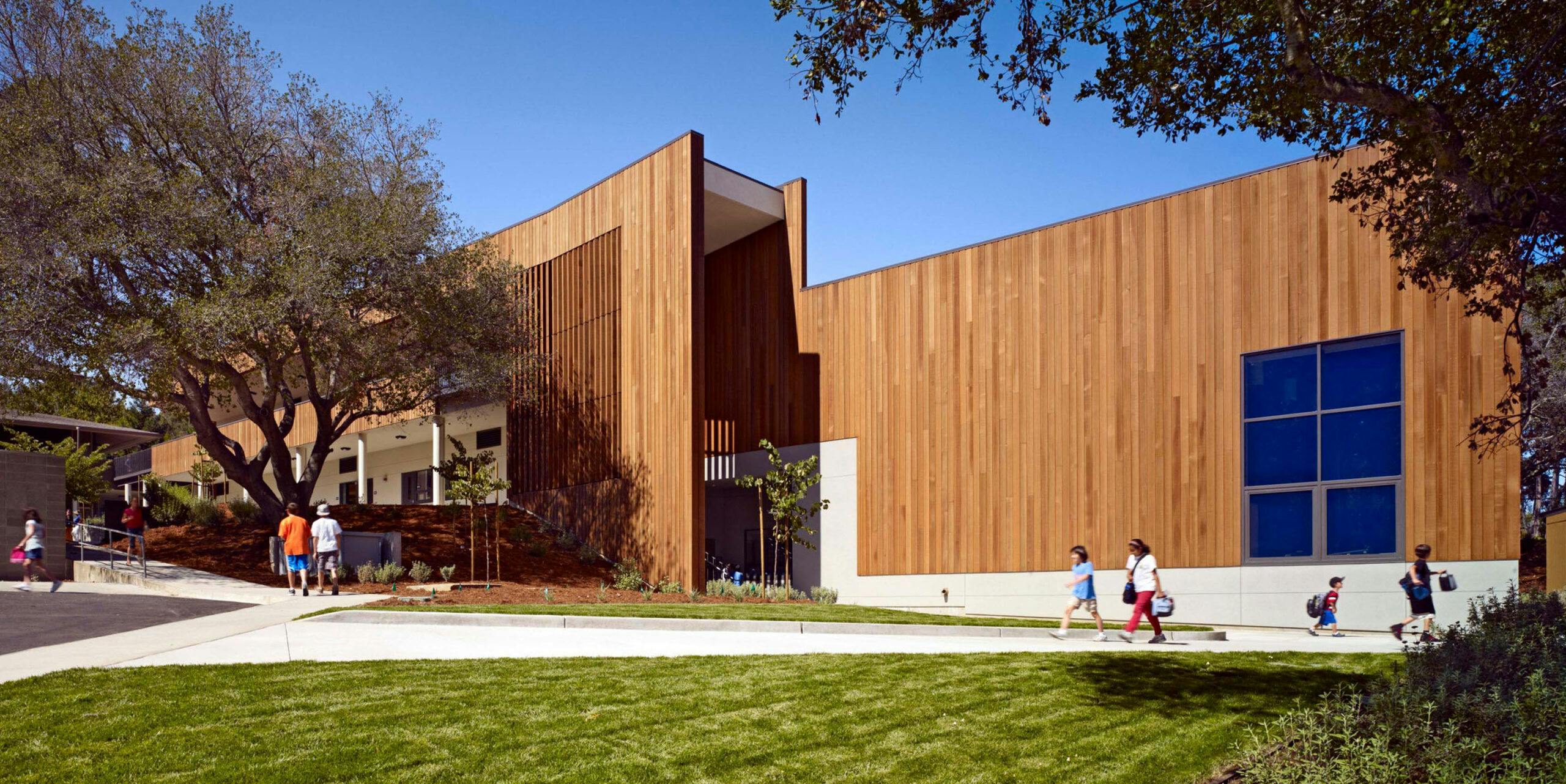On February 21, Sen. Lois Kolkhorst introduced the text to be written in Senate Bill (SB) 25, known as the “Make Texas Healthy Again” bill. The legislation aims to promote healthier lifestyles by focusing on four key areas: increasing physical activity in schools, integrating nutrition education in higher education, establishing a nutrition advisory committee, and updating food labeling guidelines.
For schools, this means adding physical activity into the curriculum and ensuring recess is a requirement for all students, among other items. Combined with healthy school meals, this marks a significant step toward supporting children’s growth and development through movement and proper nutrition. Learn more about the bill’s potential impact on families, schools, and healthcare professionals in Texas below.
What Senate Bill 25 proposes for schools
According to the bill, full-day pre-kindergarten, kindergarten, and elementary students must join in “moderate or vigorous physical activity” for at least 30 minutes each day throughout the school year. School districts can integrate this into their physical education curriculum or incorporate it into daily recess. Half-day pre-kindergarten students only attending half-day classes must also participate up to a certain practical extent.
For students in grades six through eight, the bill requires 30 minutes of moderate to vigorous physical activity daily for six semesters as part of their physical education classes. If scheduling challenges arise, districts may offer an alternative of 135 minutes per week.
Students on a block schedule must complete at least 225 minutes of physical activity every two weeks. Exemptions apply only to students with medical conditions, disabilities, or those already engaged in extracurricular physical activities.
Additionally, the bill prohibits schools from restricting recess or physical activity as a form of punishment for behavioral or academic reasons, reinforcing the importance of movement in daily learning.

Texas Nutrition Advisory Committee: Guidelines and Curriculum Changes
The bill also calls for the creation of the Texas Nutrition Advisory Committee, which will be responsible for developing statewide nutritional guidelines to promote healthier eating habits. It'll also establish nutritional curriculum requirements for medical students and health-related programs.
Additionally, the bill requires food manufacturers to label products containing artificial colors, food additives, and other chemical ingredients banned in Canada, the European Union, and the United Kingdom. Updates to the Texas Health and Safety Code would mandate warning labels on these products, informing consumers of their inclusion or banned status, helping them make informed decisions.
Lastly, physicians renewing their licenses must complete courses on nutrition and metabolic health. This ensures they stay up to date with the latest guidelines from the Texas Nutrition Advisory Committee and can better educate their patients on healthy choices.
How the “Make Texas Healthy Again” bill impacts Texan schools
This bill is a major step toward improving student health, not just through physical activity and nutrition, but by fostering lifelong wellness habits. It ensures that students, families, and healthcare professionals are better equipped to prevent illness and promote well-being.
As Travis McCormick, founder of the initiative, told The Texan, “Chronic disease is driving up healthcare costs, straining families, and limiting quality of life—but smart, preventive policies can help turn the tide.”
For schools, these changes could lead to better student performance. Studies show that physical activity positively enhances cognitive function, improving concentration and academic outcomes. Long-term moderate to vigorous exercise strengthens brain health, leading to sharper focus, mental clarity, and capabilities as well.
Physical activity also plays a key role in managing behavior. Exercise releases endorphins and dopamine, reducing anxiety, depression, and negative emotions. This helps students stay engaged, focused, and emotionally balanced—ready to excel in and out of the classroom.
Lastly, making recess a requirement is a win for child nutrition and learning. Many research confirm that students perform better in school when well-nourished. They can concentrate better, pay more attention, and participate more actively during class. By ensuring daily recess, schools give students a structured break to recharge with nutritious meals, helping them stay focused and succeed academically.

Support students in Texas with healthy meals through Ordo
Adding physical activity to school curriculums and making nutritious meals more accessible are key steps toward improving children’s health. With the right support and implementation, this bill may successfully make Texans and their kids healthier.
Schools especially play a vital role in meeting children’s physical and nutritional needs. Ordo makes it easy to provide delicious, nutrient-rich school meals, ensuring students get the essential nutrients they need for growth, development, and academic success.
Ordo has become America's fastest-growing school food program, providing fresh meals made from scratch every day in our kitchens. Our chefs focus on cooking homestyle food that’s both nutritious and what students love. Healthy meals result in better student outcomes, and administrators who invest in their nutrition programs invest in their schools.
Students and parents can place their orders through their ordering app and choose from seasonal menus with 4 to 6 options daily, like Tex Mex Crunch Salad with Creamy Lime Dressing or Chicken Bacon Wrap with Pretzels, Carrots & Ranch.
Our online platform automates compliance paperwork for reimbursable meals, tracks essential metrics like daily participation rate, and handles all payment and order processing. Ordo offers both vended meal service, where we deliver the food every day, and onsite food service management, where our chefs prepare food on campus. We have served all types of schools, from preschools and daycare centers to private and public schools. We’ve worked with some of the top brands in early education and child care, including Guidepost Montessori, Bright Horizons, Primrose, and more.
If you’re interested in providing fresh, healthy food for your school, you can reach out to the school partnerships team here.




